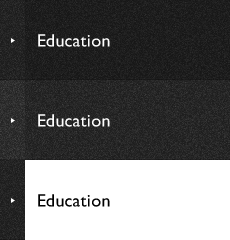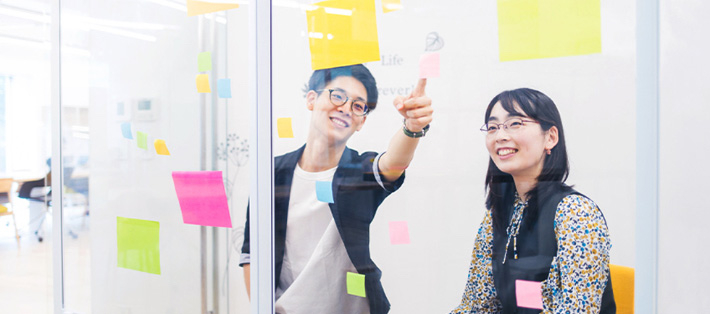
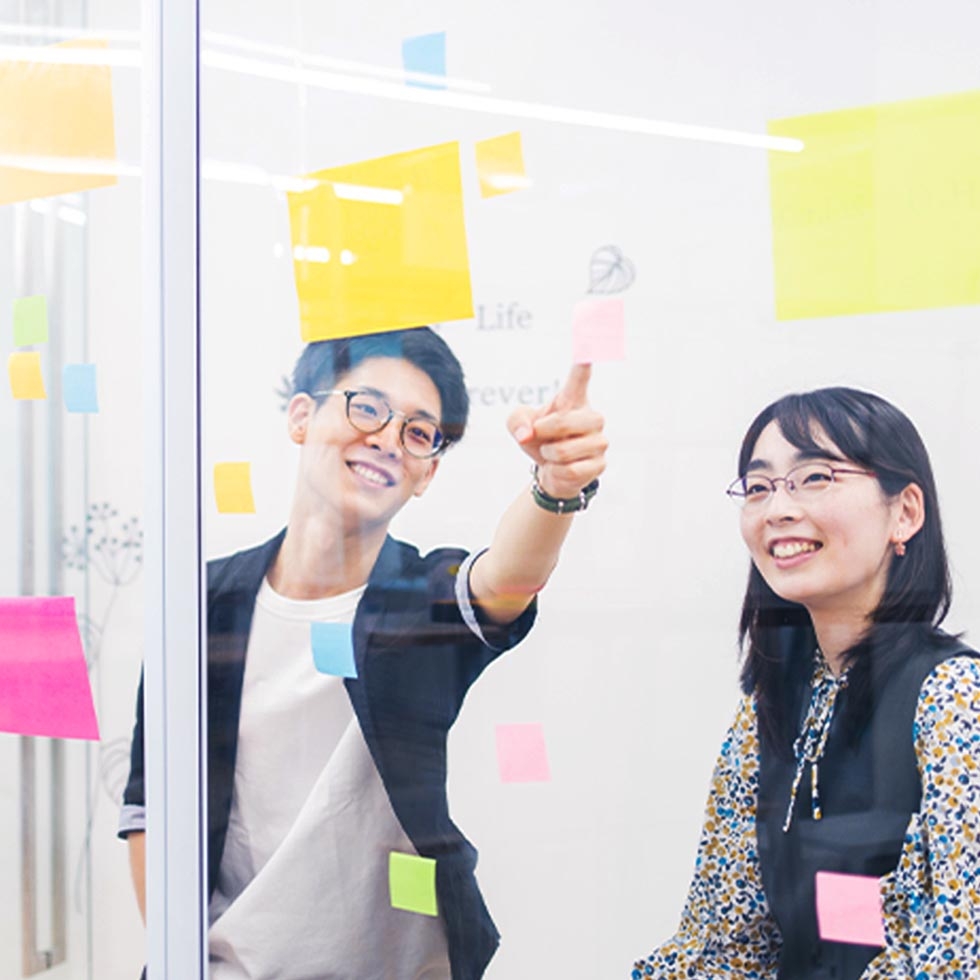
Entrepreneurship is a mindset for creating and establishing new value in society by taking on challenges without fear of failure, based on a person's "wants" and fresh ideas. Entrepreneurship is considered the foundation of the business world for startups. It is also required for existing companies, non-governmental and non-profit organizations, and education and research activities in universities. In any organization, the ability to create new value from nothing is needed.
We interviewed Jun-ichi Imura, Vice President for teaching and learning, about Tokyo Tech entrepreneurship development programs: their significance and features, and what kinds of abilities and skills these are designed to develop. We also share messages and opinions from students and graduates of the programs.
Learning the basic skills of creating new value based on expertise
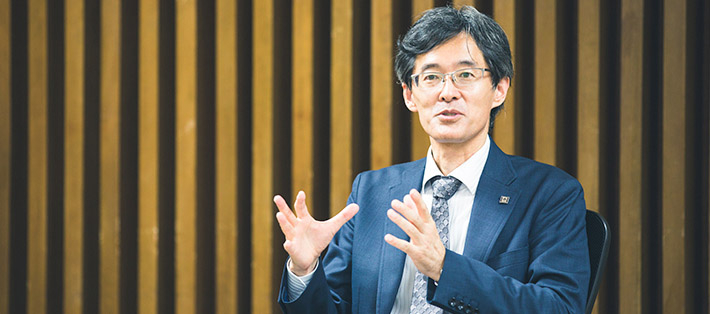
Jun-ichi Imura, Vice President for Teaching and Learning
Entrepreneurship is not just for startups
— First of all, could you tell us about the focus and significance of the entrepreneurship development programs at Tokyo Tech?
ImuraOur university is a comprehensive science and engineering university. Our educational goal is to cultivate outstanding individuals who have expertise and leadership skills and who benefit society. Here, we speak of leadership as pertaining to Liberal arts skills, as well as in terms of communication skills and a willingness to take on social issues. While entrepreneurship has some overlap with leadership, it mainly refers to the ability to create new value and transform society.
In junior high school or high school classes, there is always one correct answer to a problem, but at university or in the real world, most problems do not have a "correct" answer. In recent years, a number of social issues have appeared in our increasingly complex and rapidly changing society. There is a strong need for people who can resolve these problems by identifying issues and creating new value. Tokyo Tech entrepreneurship development programs focus on training individuals capable of bringing about a paradigm shift in this society.
When you think of entrepreneurship, you tend to think of starting a business, but it is activity needed not only in startups by entrepreneurs but also by existing companies, research institutes, governments, and NGOs (non-governmental organizations). In this way, Tokyo Tech is promoting the development of entrepreneurship in a broad sense that is required in various situations.
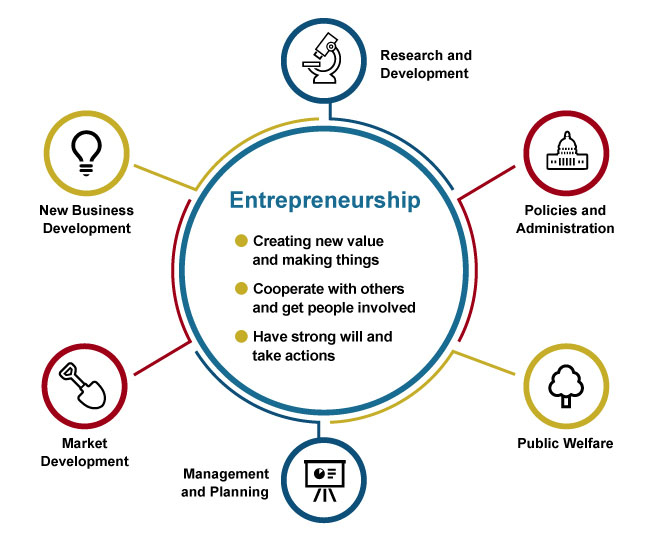
Entrepreneurship is needed in various situations
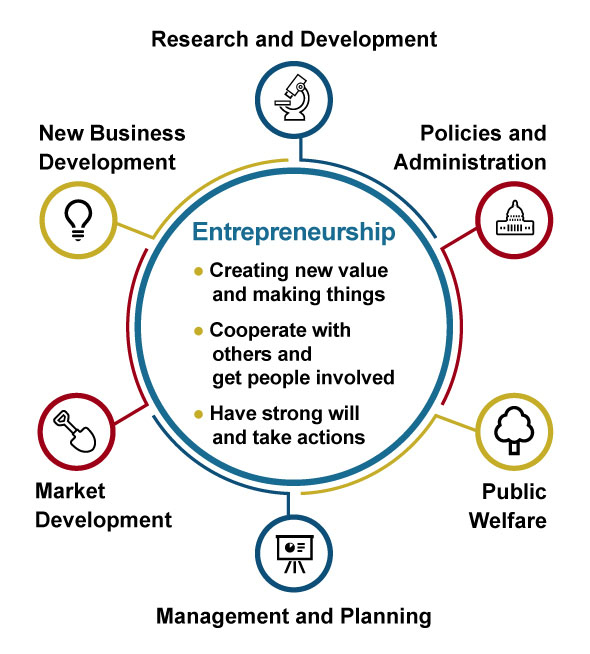
Entrepreneurship is needed in various situations
What is the foundation for creating new value?
— Next, could you explain some of the features and strengths of Tokyo Tech entrepreneurship development programs?
Imura One feature is that we are focusing on the following three basic strengths to create new value. First is the ability to create new value and implement it in society. Second is the ability to get people involved. This is because it is often necessary to work as a team. And third is the ability to have strong determination and take actions based on what you think is right.
Science and technology are essential for creating new value. In that respect, the strength of our university is our outstanding expertise in science and technology. This is also a major feature of our entrepreneurship development programs designed for science and engineering students.
Three programs provided by Tokyo Tech
— Currently, there are three entrepreneurship development programs, "CBEC," "PEECs," and "ToTAL." Could you please elaborate on these programs?
Imura Every year, CBEC and PEECs receive about 100 student registrations each. ToTAL currently has about 20 graduate students registered each year, making it about 70 in all.
First, CBEC is an abbreviation for "Cross Border Entrepreneur Cultivating" program, which is a one-year program that started in 2014. In addition to Tokyo Tech students, people from companies and students from Arts colleges also participate. We request partner companies to present actual social issues, and then, based on "design thinking", students form teams to make prototypes, present these on and off campus, and participate in events. Design thinking refers to a design method for creating and providing something that has real value to society after identifying what society wants.
PEECs stands for "Practical-based Entrepreneur Education Courses" and it started in 2018. The goal of this program is to develop crucial skills in students so that they may become capable of creating value and changing society by starting up a business as one's own company or within an organization. One feature of the program is the possibility to visit medical sites in cooperation with hospitals and discover social issues through fieldwork. CBEC is mainly conducted on Ookayama campus, while PEECs is mainly conducted on Suzukakedai campus.
Both are master's degree programs, and the third, the ToTAL leadership program, is a five-year master's and doctoral program. It was established in 2018 in cooperation with Institute for Liberal Arts based on a training program cultivated at Program for Leading Graduate Schools, which started in 2011. Entrepreneurship development has been made a part of our leadership program. Many students belonging to ToTAL want to learn both entrepreneurship and leadership skills.
Enhancing programs for bachelor’s degree students
— What is the outlook for the entrepreneurship development programs?
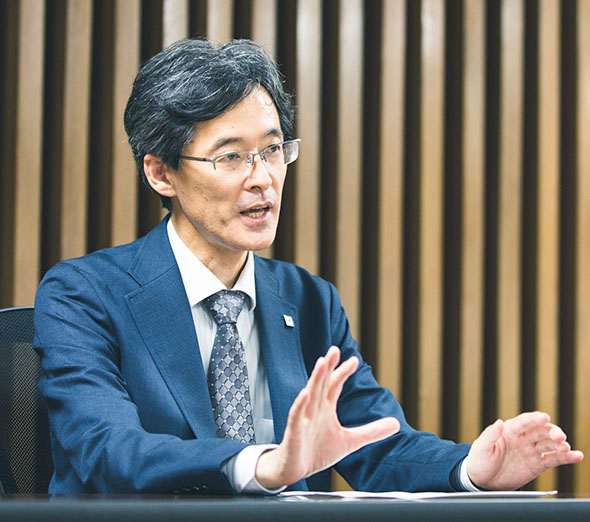
Imura The current programs are only for graduate students, so there is no program for bachelor's students. In the future, we plan to enhance entrepreneurship education for the latter. In June 2021, as part of a trial, we held an entrepreneurship introduction workshop for bachelor's programs. A lecture was given by Rieko Tsuji, a deputy senior researcher at Mitsui & Co., Ltd. Global Strategic Studies Institute, which handles new businesses. Ms. Tsuji studied at the Academy for Global Leadership, which is the predecessor to ToTAL, and she says that she is utilizing what she learned there in her current work. Students were interested and inspired by her. They came to realize that such career paths exist. The response was great.
It is also important to enhance advanced courses of the entrepreneurship development programs for students highly knowledgeable in entrepreneurship. We plan to support ways to implement the advanced expertise of students into society through collaborations with the Venture Development and Relations Section at our university.
Currently, the CBEC program is being promoted with partner companies. It is necessary to continue advocating entrepreneurship education for working adults as well.
Becoming someone truly needed by society and playing an active role
— Finally, what message do you have for students who are interested in the entrepreneurship development programs?
Imura Our entrepreneurship development programs help develop a mindset and skillset with which students can recognize the demands of society, identify issues, and then create and implement new value. It is a comprehensive, hands-on programs for understanding this and for training. Entrepreneurship is highly sought after by companies, research institutes, governments, and NGOs/NPOs, and there are a wide range of situations in which it can be demonstrated. I hope that as many students as possible will take the programs and become people who are truly needed by society and who can play an active role in it.
Program Outline and Features
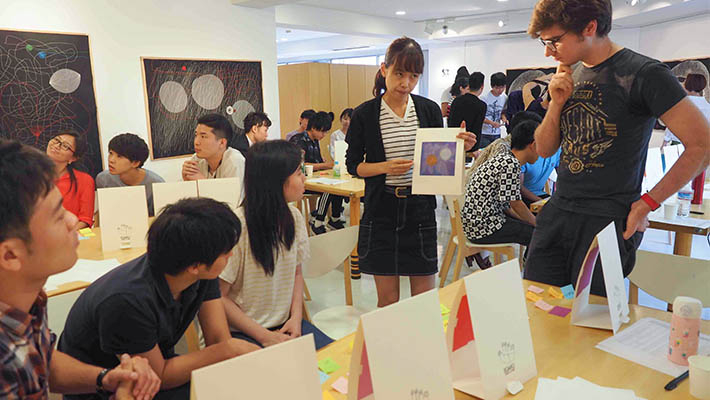
Tokyo Tech entrepreneurship development programs are divided into the three categories below.
Three programs are offered to educate students; "CBEC", "PEECs" and "ToTAL".
Tokyo Tech Entrepreneurship Development Programs
CBECCross Border Entrepreneur Cultivating (CBEC)
This is a one-year program for learning creation methods based on "design thinking". Several mixed teams of Tokyo Tech students, company dispatched students, and art students are formed to solve real problems faced by partner companies, mainly through Project Based Learning (PBL).
- *
-
Currently, CBEC is not accepting new students since the program's term as a Progressive Graduate Minor has ended in March 2021.
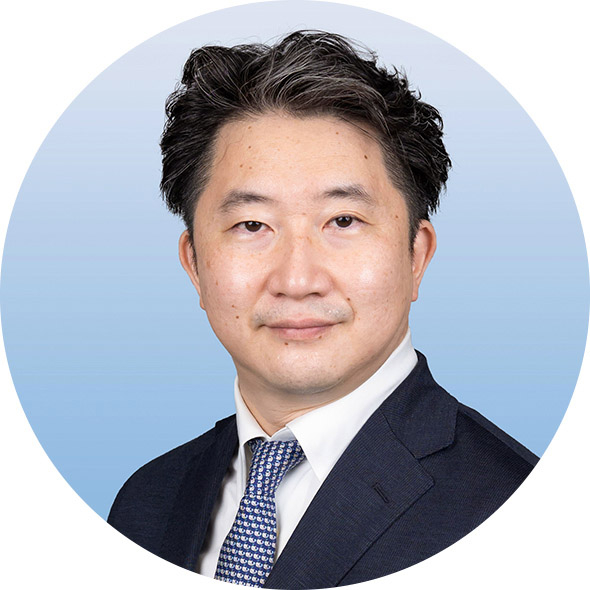
School of Engineering, Department of Industrial Engineering and Economics, Professor Dai Senoo
CBEC provides many opportunities to cultivate abilities needed to create new value in the world, starting at Tokyo Tech. Teams consist of bachelor's degree students, graduate students, and working adults, all from different parts of the world, who work together to realize that value.

Feedback from Students
There is an African proverb that states, "If you want to go fast, go alone. If you want to go far, go together." I learned the importance of team building. -CBEC student
PEECsPractical-Based Entrepreneurship Education Courses (PEECs)
Practical and unique educational programs are being developed in which mixed teams of graduate students from various specialized fields work on "design x manufacturing" based on an understanding of the on-site needs of collaborating organizations such as medical institutions, regional governments, and private companies.
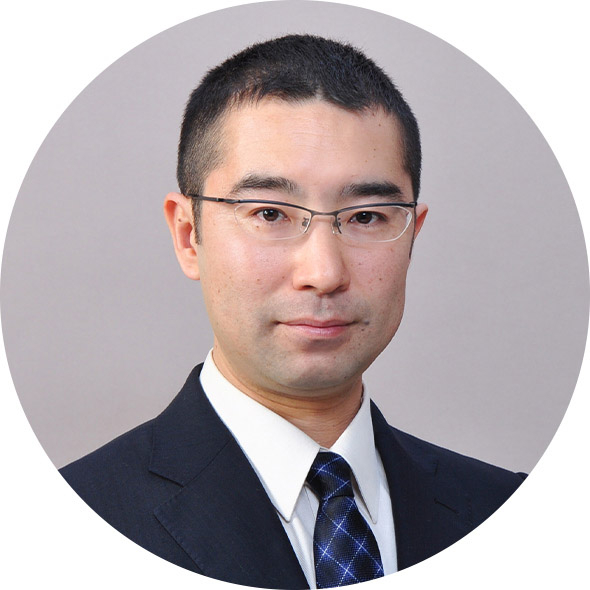
School of Life Science and Technology, Department of Life Science and Technology, Associate Professor Takeshi Hata
The goal of PEECs is to develop crucial skills in students so that they may become capable of contributing new ideas to create a pioneering social value in order to realize a happier society despite ever-changing social and economic uncertainties.

Feedback from Students
In the process of extracting social issues and creating something, it was very good to learn how to systematically make things. -PEECs student
ToTALAcademy for Leadership (ToTAL)
This is an integrated master's-doctoral degree program of the Institute-Wide Education Centers, offering various kinds of programs which cover above the three categories. In addition to gaining advanced expertise from working in laboratories, world-class leadership skills for creating new value and applying it in society can be strengthened by proactively learning this program based on the 10-year leading program assets and cooperation with the Institute for Liberal Arts.
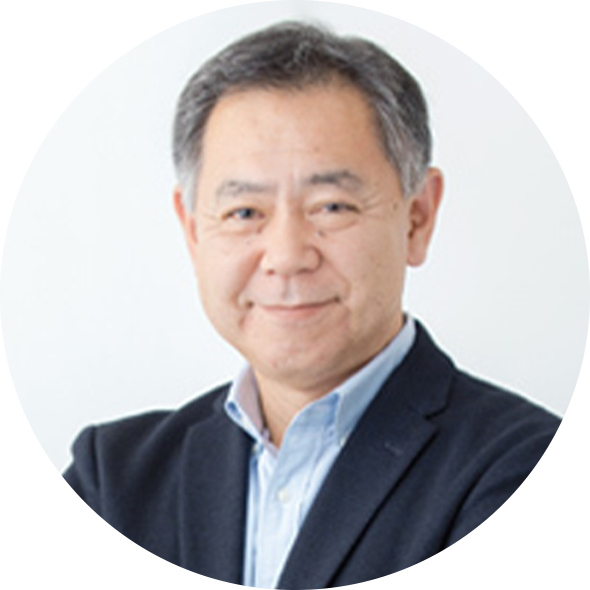
Academy for Leadership, Specially Appointed Professor Keisuke Yamada
You will be able to learn about entrepreneurship, from the basics to practical applications and business creation, with support from many experienced instructors and mentors from outside the Institute. Both undergraduate and graduate students who are not registered ToTAL students can also take courses and participate in workshops on an ad-hoc basis.

Feedback from Students
I took ToTAL because I wanted to develop the ability to make things that improve the world together with others. Through ToTAL, I learned how to recognize social issues from various perspectives with various people. -ToTAL student
Student Experiences
I want to use it for renewable energy research
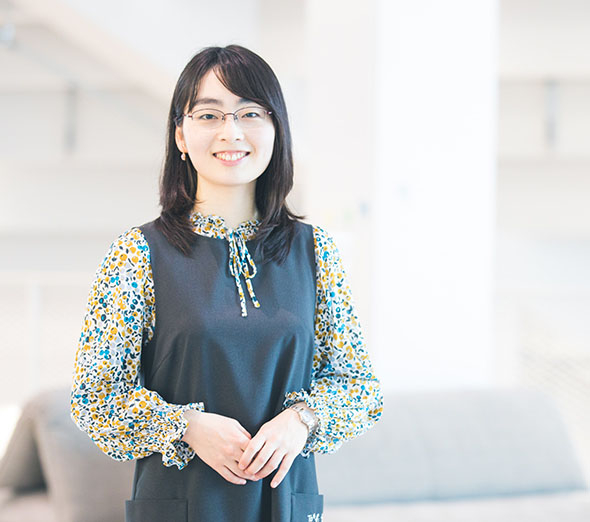
Megumi Okazaki, School of Science, Department of Chemistry, Ph.D. (3rd year doctoral program, Course Program: ToTAL)
In graduate school (especially in doctoral programs), I wanted to proactively learn not just about my own specialty but about things outside of it while gaining broad perspectives. After graduating, I wanted to work as a researcher, but I wasn't sure what kind of research I wanted to do or what differences there might be in work places such as a private company or a university. ToTAL has a wide range of programs, including workshops by successful members of society who are active on the front lines, and programs that allow us to participate in new business creation in practical ways. I decided to take this course because I wanted to discover what I want to do in the future and envision how I may contribute to society through the program.
I have learned so much from ToTAL. I learned that business is not about making money, but about continuing to create value – a.k.a. products by companies that accurately meet the needs of customers through building relationships with people. I also realized that the goal of creating new value is in harmony with the research I am currently engaged in. I was able to proceed with my research by considering the kinds of situations in society in which I can expect to apply it as well as asking "what kind of value will be created from ordinary research in the future, and will it be useful to the world?" Based on this, I was able to recognize the significance of basic research at the university. I am currently conducting research related to renewable energy. As a researcher, I want to continue working hard each day to create new value that will contribute to resolving energy problems.
Field surveys at hospitals are a valuable experience in becoming an innovative researcher
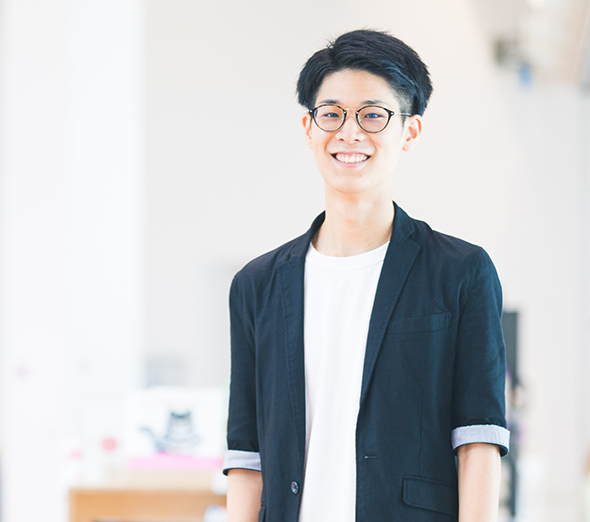 Shoichi Maeda, School of Materials and Chemical Technology, Department of Materials Science and Engineering (2nd year master's degree program, Course program: PEECs)
Shoichi Maeda, School of Materials and Chemical Technology, Department of Materials Science and Engineering (2nd year master's degree program, Course program: PEECs)
I took this course because Associate Professor Tomohiro Hayashi (at the School of Materials and Chemical Technology, Department of Materials Science and Engineering), my academic supervisor, is one of the faculty members implementing PEECs. I was really interested in this program because I knew that it would give me experience in patent application and commercialization.
In "Fundamentals of Creative Design," we learned the basics of "design thinking" for discovering and resolving problems from the perspective of users. Science engineers like me tend to focus on developing products with the highest performance, but that is not the only thing users want. I learned about the importance of analyzing what users want and techniques used for interviewing. In "Field work for Creative Design" and "Practical Creative Design", we engage in field surveys at university hospitals using the interview techniques we learned. We discussed issues at hospitals directly with doctors and nurses, and created products and services to resolve these issues. We then made proposals to the hospitals. This initiative was a valuable experience that we could not have had through ordinary lectures. Seeing my proposal be accepted helped give me confidence.
Since completing PEECs, I have been continuously working to commercialize the products I developed. Participating in various contests, acquiring publicly offered funds, and requesting companies to cooperate in commercialization were all good experiences. In my future research, I want to be someone who can innovate by making use of the skills in design thinking and entrepreneurship that I learned at PEECs.
Having a desire to try new things and a strong will
Betting on businesses that connect sports teams with fans
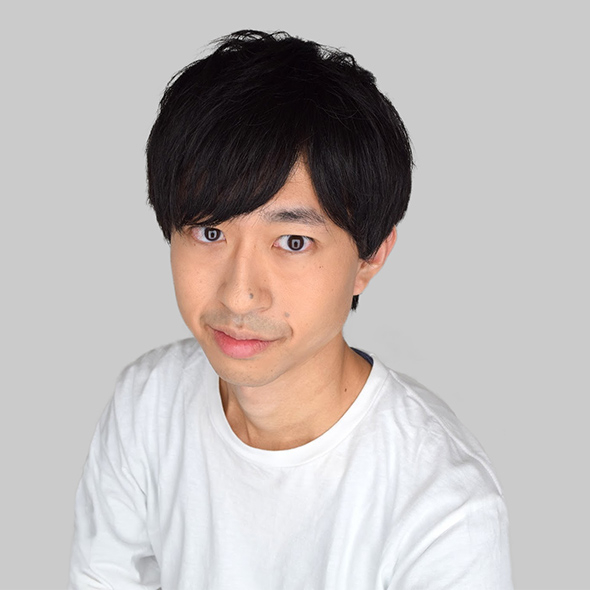 CBEC graduates
CBEC graduates
SpoLive Interactive, Inc.
Yuhei Iwata, CEO
Yuhei Iwata, a graduate of Tokyo Tech, is currently the Co-Founder & CEO of SpoLive Interactive, Inc. He is the Business Design Lead at NTT Communications Corp.. (hereinafter referred to as "NTT Com") and was dispatched to this company. This startup company provides the sports viewing app "SpoLive". It is a platform that enables two-way communication between sports teams and fans. For example, while watching a game via smartphone you can send messages of support to your favorite team, which may be displayed on the large screens at the stadium. "SpoLive started as an in-house entrepreneurship of NTT Com, but in order to grow it quickly, I decided to be dispatched there and then make it an independent company."
Systematically learning innovation and creation with CBEC
Before his master's degree, he was conducting fundamental research on particle physics. After completing graduate school in 2013, he began working at NTT Com and engaged in research on regional information and data science in the R&D department. During that time, he heard about CBEC through the company. "I had been interested in the social application of new technologies since I was a student, but after becoming a working adult, I became particularly interested in "design thinking". Through CBEC, I wanted to systematically gain a mindset for creating and innovating starting from the basics, so I decided to study in the evenings during the week and on weekends for one year from 2015."
Mr. Iwata noted the following good points from what he learned through CBEC. "First of all, I gained a systematic knowledge of design thinking, leadership, and entrepreneurship theory. In particular, I learned the importance of promoting what I want to achieve. It takes a long time to develop a new business. So, it's important to start a business based on something that you want to do even if it takes a lot of time."
It is also important to take advantage of the value of the whole team. "When promoting the SpoLive business, the things I learned through CBEC were very useful, such as focusing on what each member is good at and helping them fulfill their roles to maximize the value of the whole team."
Importance of having a strong desire for success
Tokyo Tech's entrepreneurship education consists of three pillars: "Value creation", "Cooperation" and "Strong will". Mr. Iwata emphasized the importance of having a strong will. "If you have a strong desire to achieve something, when problems occur, you will always find someone to assist you to solve issues. So, first of all, it is important to have a strong will."
In 2017, after completing CBEC, he participated in the "Start Next Innovator 2017" next-generation innovator training program sponsored by the Ministry of Economy, Trade and Industry, and was selected to be dispatched to Silicon Valley. "Participants were all people with a strong will. It was more practical than CBEC, and I was able to take on many challenges because I had a solid foundation based on what I learned through the CBEC program."
Experience the joys of taking on challenges
Mr. Iwata had the following message for students interested in entrepreneurship and in-house entrepreneurships. "Right now, many Japanese students think conservatively because they are afraid of the unknown. However, in recent years, the need to resolve social issues and create value has been rapidly increasing. Society is becoming more friendly to people who have a strong will and want to take on new challenges, and companies are looking for these kinds of students. Entrepreneurship development programs help reduce such anxieties and fears, so I want students to learn about the benefits of taking on challenges.
Profile, Yuhei Iwata
2020: SpoLive Interactive, Inc. established, became CEO
2016: Completed Tokyo Tech CBEC
2013: Joined NTT Communications Corporation
2013: Completed master's degree program at Department of Physics, Graduate School of Science.
Try establishing your own concepts instead of following the beaten path
Program for efficiently launching new businesses
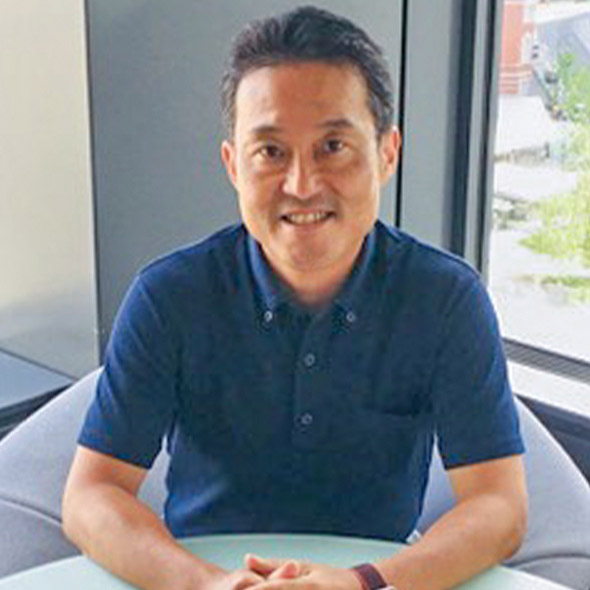 ToTAL Open Program
ToTAL Open Program
"Lean LaunchPad"
Facilitator: Takashi Tsutsumi
Tokyo Tech offers a variety of entrepreneurship training programs. One of these is the "Lean LaunchPad," which has been offered by ToTAL every year since 2013. This popular program was developed by Steve Blank, a successful serial entrepreneur and currently visiting professor at Stanford, in 2010 and has been implemented at Stanford University and other universities. In Japan, it is organized and provided by Takashi Tsutsumi. "'Lean' means efficient, and 'launchpad', as in a launch pad for a rocket, in this case refers to a launchpad for new business. It is a hands-on entrepreneurship program for efficiently launching new businesses."
Why entrepreneurship education is important
Mr. Tsutsumi emphasized three points related to the importance of entrepreneurship education. The first is the ability to systematically learn business creation. In the past, it was believed that this could only be learned through experience, but over the last 10 years or so, there has been a paradigm shift, and various methods have been developed to enable learning in advance. The second point is learning business creation methods so that a person will want to take on challenges. And third, entrepreneurship education is versatile and useful in life. "Lean LaunchPad teaches you the importance of always being aware of problems, which makes it easier to gain useful information and discover breakthrough ideas for creating value. This attitude also helps to enrich our lives."
In particular, Lean LaunchPad is a method for improving the success rate of new businesses by focusing on maximizing results with limited resources. For example, by systematically understanding the needs of society, it is possible to provide products and services that better meet the needs of society and reduce the risk of failure. Not only is this method good for entrepreneurs, it can also help existing companies.
Leveraging a wide range of specialized science and technology fields as a team
Mr. Tsutsumi pointed out the following three advantages for Tokyo Tech students who participate in the entrepreneurship development programs. First, Tokyo Tech students are able to think logically, so they can quickly learn techniques and put them into practice. Second, because of their high technical capabilities, production and improvement cycles for making actual products and services based on ideas can be short, bringing it closer to becoming reality. Third, science and technology are essential for value creation, so having a wide range of specialized fields as a team and on campus creates synergy.
Applying results that shape technology to society
"I want talented people to explore the unknown instead of just taking the predetermined path. In the past, one goal was to join a large company, but because the life cycles of business are much shorter, even large companies always need to try new things in order to survive. Therefore, companies also place great importance on finding employees who have business creativity and leadership skills. In research, there is a demand for applying research results to society, and one way to do this is to establish a business that brings technology to life. I want them to use entrepreneurship education to become leaders of the future."
Profile, Takashi Tsutsumi
CEO of StartupBrain Inc.
Co-Representative of Learning Entrepreneur's Lab Co. Ltd.
His career includes working for a general trading company and venture capital in Silicon Valley and in Japan
2003: Graduated from McGill University, Graduate School of Business
1991: Graduated from Faculty of Engineering, Tokyo University of Science
The Special Topics component of the Tokyo Tech Website shines a spotlight on recent developments in research and education, achievements of its community members, and special events and news from the Institute.
Past features can be viewed in the Special Topics Gallery.
Published: September 2021
. Any information published on this site will be valid in relation to Science Tokyo.



















